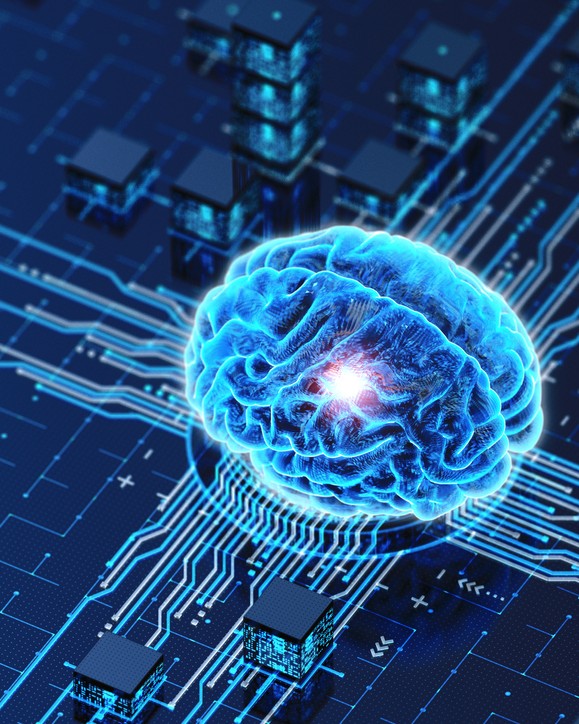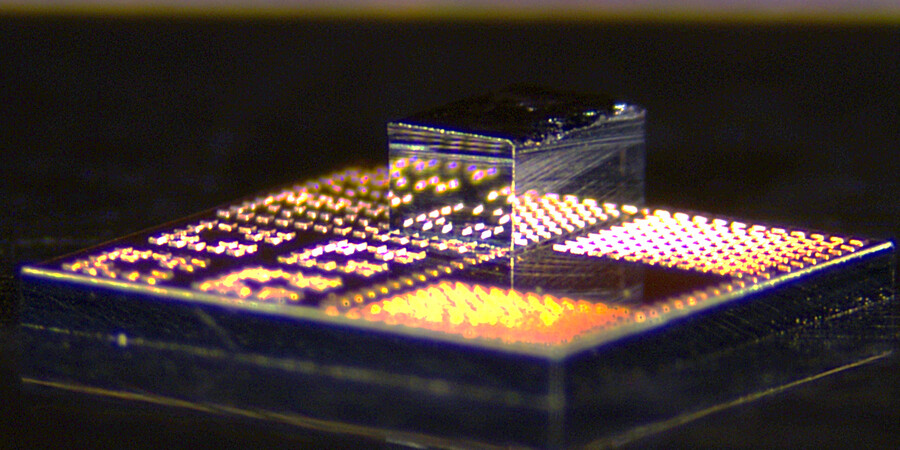Despite decades of progress, today’s processors and AI accelerators still fall far short of biological brains in many respects. Neuromorphic chips, such as Intel’s Loihi, aim to narrow this gap by applying principles of brain computation, re-thinking computer architecture and algorithms from transistors up. This talk covers learnings from our research with Loihi and the outlook to commercialization of this technology.
Hosted by Microsystems Technology Laboratory.

Speaker
Mike Davies
Mike Davies is Director of Intel’s Neuromorphic Computing Lab. In the 2000s at Fulcrum Microsystems, Mike pioneered asynchronous design in industry-leading networking switches. Since 2015 his group in Intel Labs has been applying those methods to brain-inspired AI processors such as Loihi.
Explore
Lisa Su ’90, SM ’91, PhD ’94 to deliver MIT’s 2026 Commencement address
Kathy Wren | MIT News
An electrical engineer by training, Su is the chair and CEO of the semiconductor company AMD.
New 3D Chips could Make Electronics Faster and more Energy-Efficient
Adam Zewe | MIT News
The low-cost, scalable technology can seamlessly integrate high-speed gallium nitride transistors onto a standard silicon chip.
Anantha Chandrakasan Named MIT Provost
Kathy Wren | MIT News
A faculty member since 1994, Chandrakasan has also served as dean of engineering and MIT’s inaugural chief innovation and strategy officer, among other roles.




